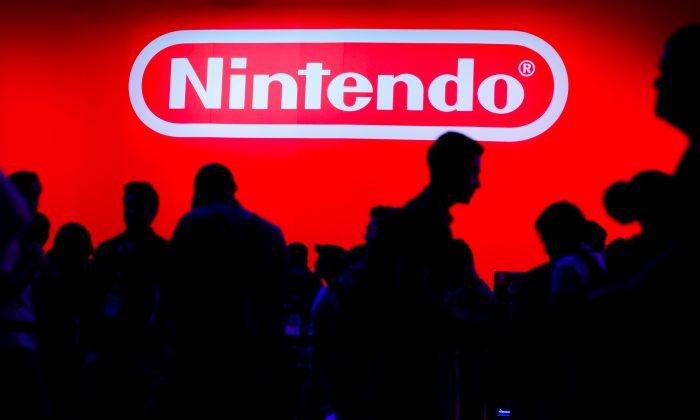Nintendo has recently re-released Paper Mario, a popular video game, with a character who identifies as transgender. The character, Vivian, is revealed to be male-to-female trans in the 2024 English language remake of the game. This revelation has sparked controversy, with some criticizing it as a subtle attempt to normalize gender fluidity among younger audiences.
In the original Japanese version of the game, there was ambiguity surrounding Vivian’s gender, while the English version did not address this issue. However, in the updated version, Vivian talks about her journey to realizing her true identity as a “sister” instead of a “brother.” Images from the game show Vivian expressing happiness at being called a “sister” and facing bullying from her sisters over her identity.
The game, rated suitable for all ages, has drawn criticism from groups like Women’s Forum Australia, who believe that including a transgender character in a children’s game is inappropriate and potentially harmful. Psychologist Jillian Spencer also raises concerns about introducing children to complex gender concepts through video games, warning that it could lead to confusion and identity issues.
While some see the inclusion of a trans character as a step towards normalizing gender diversity, others caution against the potential impact on impressionable young players. The controversy surrounding Vivian’s character in Paper Mario highlights the ongoing debate around gender identity and representation in media.
Nintendo, as well as other organizations like Equality Australia and the Greens spokesman for the LGBT community, have been contacted for comment on the matter. It remains to be seen how this controversy will impact the gaming industry and discussions around gender representation in popular media. Please rewrite this sentence.
Source link






